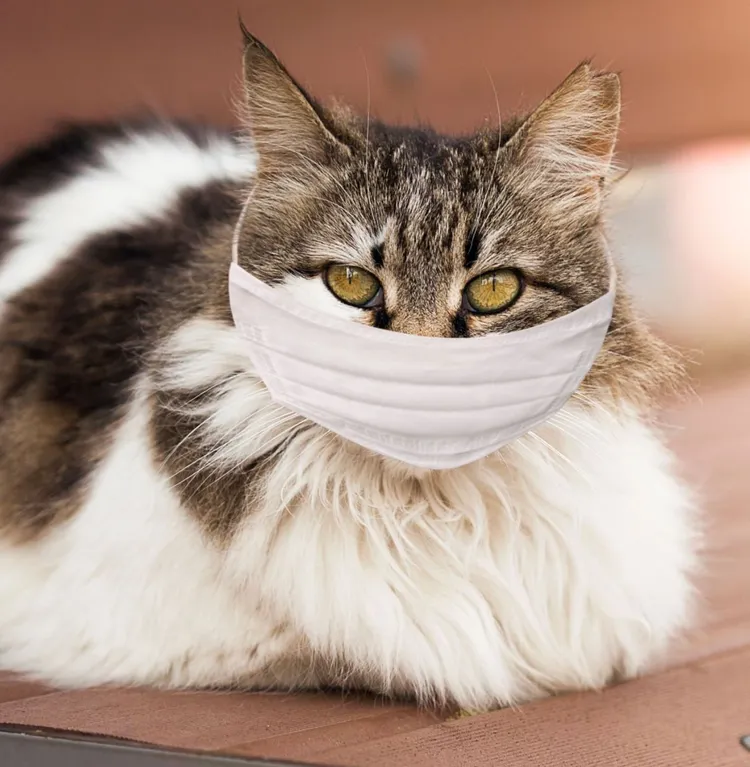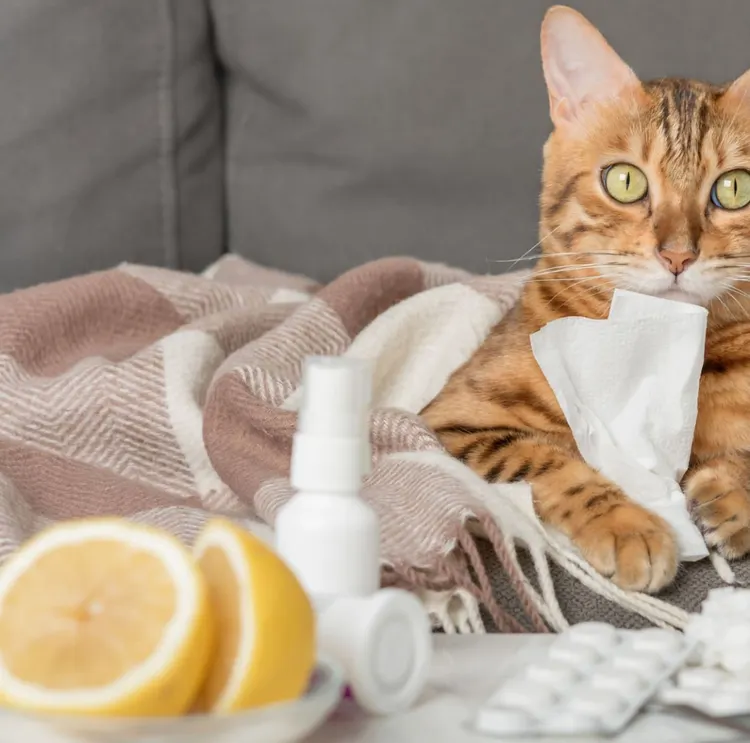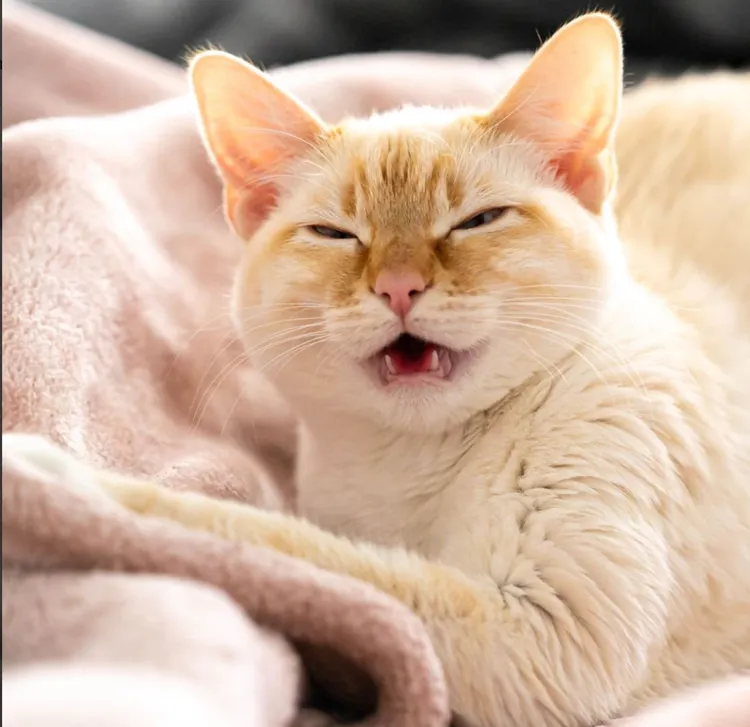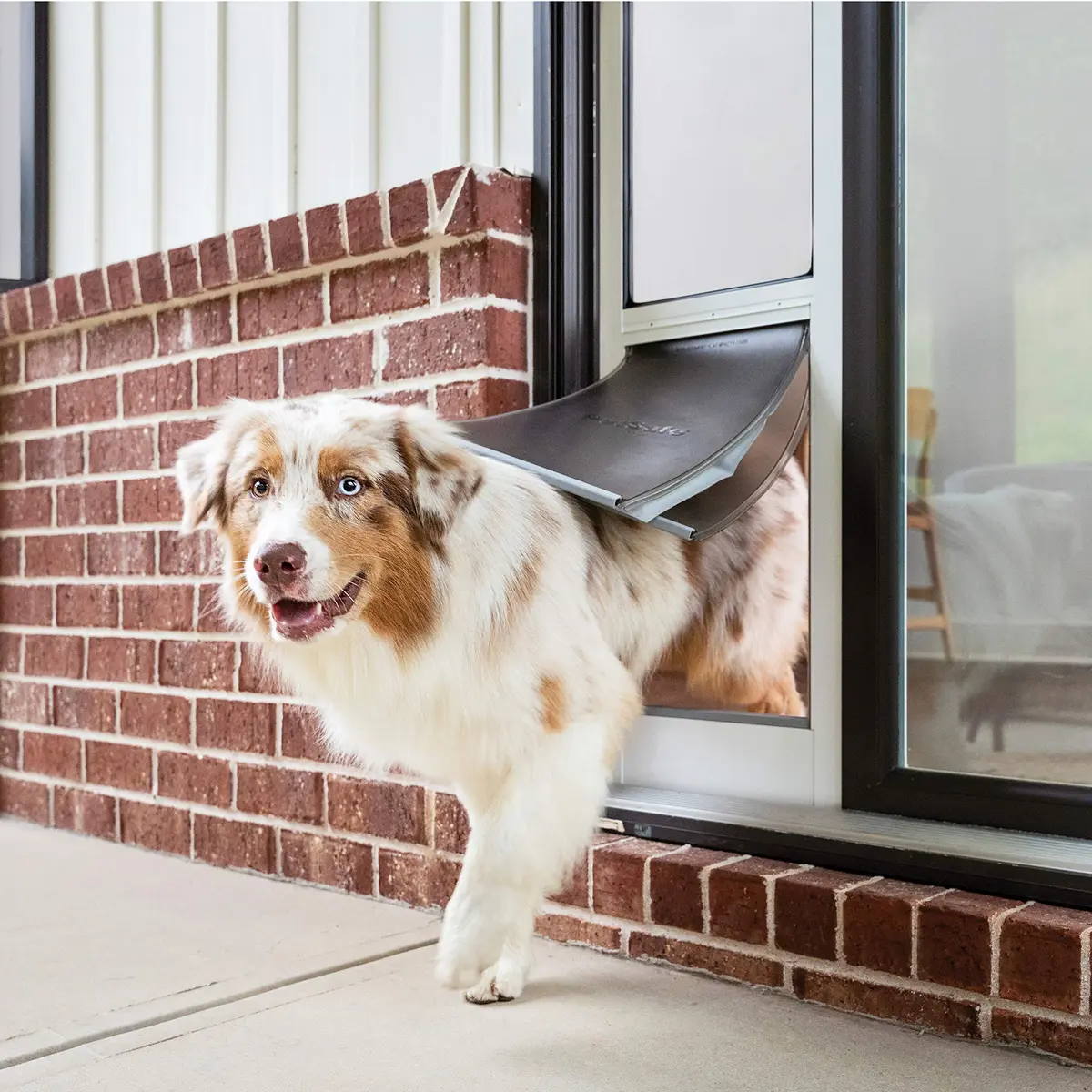Does it feel like your cat is sneezing more often than usual? While an occasional sneeze might seem harmless, persistent sneezing can indicate underlying health issues. In this article, we’ll cover common causes of cat sneezing, practical remedies, and eco-friendly solutions to help your feline friend breathe comfortably.
What Causes Cat Sneezing?
Just like in humans, sneezing in cats can stem from various factors, from harmless irritants to serious health concerns. Let’s break down some common causes.
1. Allergies
Cats can develop allergies to environmental triggers, such as:
- Dust: Particles from household dust can irritate their nasal passages.
- Pollen: Seasonal allergies are common in cats, especially during spring.
- Scented Candles and Air Fresheners: Many cats react to synthetic fragrances, which can cause sneezing fits. Opt for natural or unscented alternatives to reduce allergen exposure.
2. Infections
Upper respiratory infections (URIs) are frequent causes of sneezing, especially in multi-cat households or shelters.
- Feline Herpesvirus: This virus can be chronic, flaring up periodically and causing sneezing, eye discharge, and nasal congestion.
- Feline Calicivirus: Another common respiratory infection, calicivirus often produces symptoms like sneezing, runny nose, and oral ulcers.
3. Irritants and Chemicals
Household cleaners, perfumes, and certain pesticides can irritate a cat’s nose and cause sneezing. Cats have a sensitive respiratory system, so exposure to strong-smelling or harsh chemicals can lead to prolonged sneezing.
4. Foreign Objects
Tiny particles, such as grass seeds or dust, may become lodged in a cat’s nasal passage, triggering frequent sneezing. Foreign bodies are typically expelled with sneezing, but in some cases, they can cause an infection.
5. Dental Disease
Believe it or not, oral health is linked to respiratory well-being. Cats with dental disease, such as gum infections or tooth abscesses, may experience sneezing if the infection spreads to the sinuses.

When to See a Vet
It’s essential to know when your cat’s sneezing could signal a more serious problem. Consider scheduling a vet visit if you observe:
- Nasal Discharge: Persistent nasal discharge, particularly if it’s thick, yellow, or green, could be a sign of infection.
- Lethargy: If your cat appears unusually tired or withdrawn.
- Loss of Appetite: A lack of interest in food could indicate discomfort or illness.
- Coughing: Persistent coughing alongside sneezing may suggest a respiratory infection or other complications.
- Prolonged Sneezing: Sneezing lasting more than a few days without improvement warrants a professional evaluation.
Natural and Eco-Friendly Remedies for Cat Sneezing
Using sustainable, natural methods to ease your cat’s sneezing can make a positive impact on both your cat’s health and the environment. Here are some simple, eco-conscious solutions.
1. Humidifiers
Humidifiers are effective for moisturizing the air, soothing dry nasal passages, and alleviating sneezing. Look for an energy-efficient humidifier that can maintain proper humidity levels without excessive power use. If your cat’s sneezing is due to dryness, humidified air can help them breathe easier.
2. Air Purifiers
Investing in an eco-friendly air purifier with HEPA filters can reduce allergens, dust, and pollen in the air. These purifiers remove common household irritants that could be contributing to your cat’s sneezing fits.
3. Natural Cleaners
Switching to pet-safe, eco-friendly cleaning products can make a big difference. Avoid harsh chemicals that emit fumes; instead, choose green cleaners that use natural ingredients. You can even make your own DIY cleaners with vinegar and baking soda to sanitize pet areas.
4. DIY Nasal Relief
If your vet approves, consider saline drops to help clear your cat’s nasal passages. Be sure to use saline specifically formulated for pets or ask your veterinarian for advice on how to administer it safely.
Preventive Measures
Implementing these preventative strategies can reduce the chances of your cat developing sneezing issues:
- Regular Vet Visits: Routine check-ups help identify and address potential health issues before they become severe.
- Clean Environment: Regularly cleaning and dusting areas your cat frequents can minimize allergen exposure.
- Healthy Diet: A balanced diet rich in essential nutrients strengthens your cat’s immune system, which can prevent infections and allergies. Choosing sustainably sourced, organic cat food options helps support your cat’s health and the environment.

Conclusion
Occasional sneezing in cats is usually harmless and may just be a reaction to something in the air. However, if your cat’s sneezing becomes frequent or is accompanied by other symptoms, a visit to the vet is essential. Sustainable, natural remedies and preventive measures not only promote better respiratory health for your cat but also contribute to a greener, healthier home environment. With eco-friendly practices and a bit of extra care, you can help your feline friend enjoy a sneeze-free, comfortable life.



